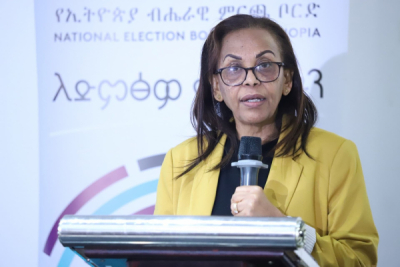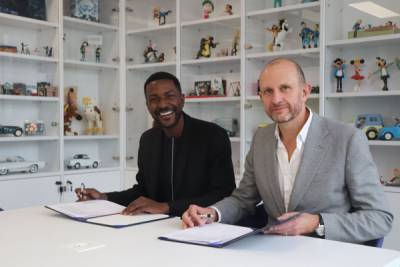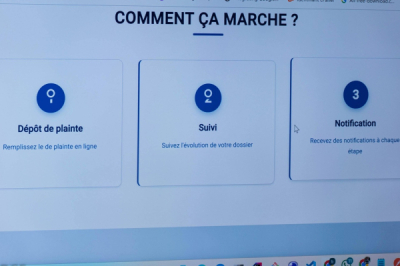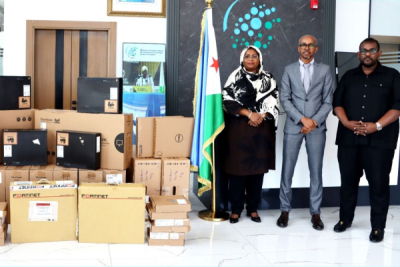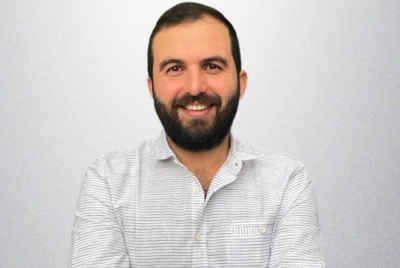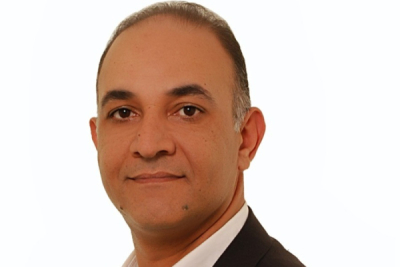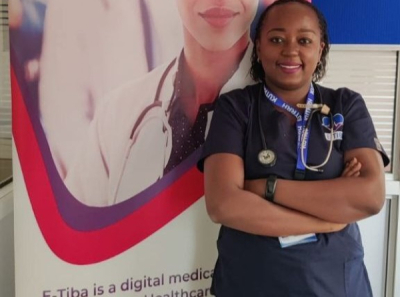To accelerate the implementation of “Digital Egypt 2030”, its digital transformation strategy, Egypt bets on international cooperation. In its bids, it is supported by several strategic partners.
On Saturday, September 28, Microsoft Egypt and the United Nations Development Program (UNDP) signed a memorandum of understanding for cooperation to advance sustainable development and promote digital innovation in Egypt.
Under the agreement, UNDP and Microsoft will work together to promote digital skills and skills enhancement for future jobs and employability, with a focus on empowering women and girls, among other things.
"We are thrilled to enter this strategic partnership with Microsoft Egypt. This collaboration signifies our joint commitment to harnessing the power of digital innovation and technology for sustainable development in Egypt. By combining our expertise and resources, we aim to empower Egyptian youth, and promote gender equality," said Alessandro Fracassetti (photo, center), UNDP Resident Representative in Egypt.
According to the UNDP press release, the agreement also highlights progress in agro-technology and the transformation of the food system. In this sense, the agreement will enable the implementation of agritech solutions that address food security challenges and promote sustainable agriculture in Egypt. Both parties will also share expertise and best practices to support the digital transformation of the public sector, improving service delivery and governance processes. The partnership also aims to advance digital transformation programs in the public sector, including the integration of AI.
The MoU adds to the international cooperation actions undertaken by the government to successfully implement “Digital Egypt 2030,” its digital transformation strategy. According to Rania Al-Mashat, Minister of International Cooperation, the Ministry's development cooperation portfolio included 34 projects in the fields of innovation, digitization, and entrepreneurship. They are valued at one billion dollars, representing 4% of the overall portfolio.





